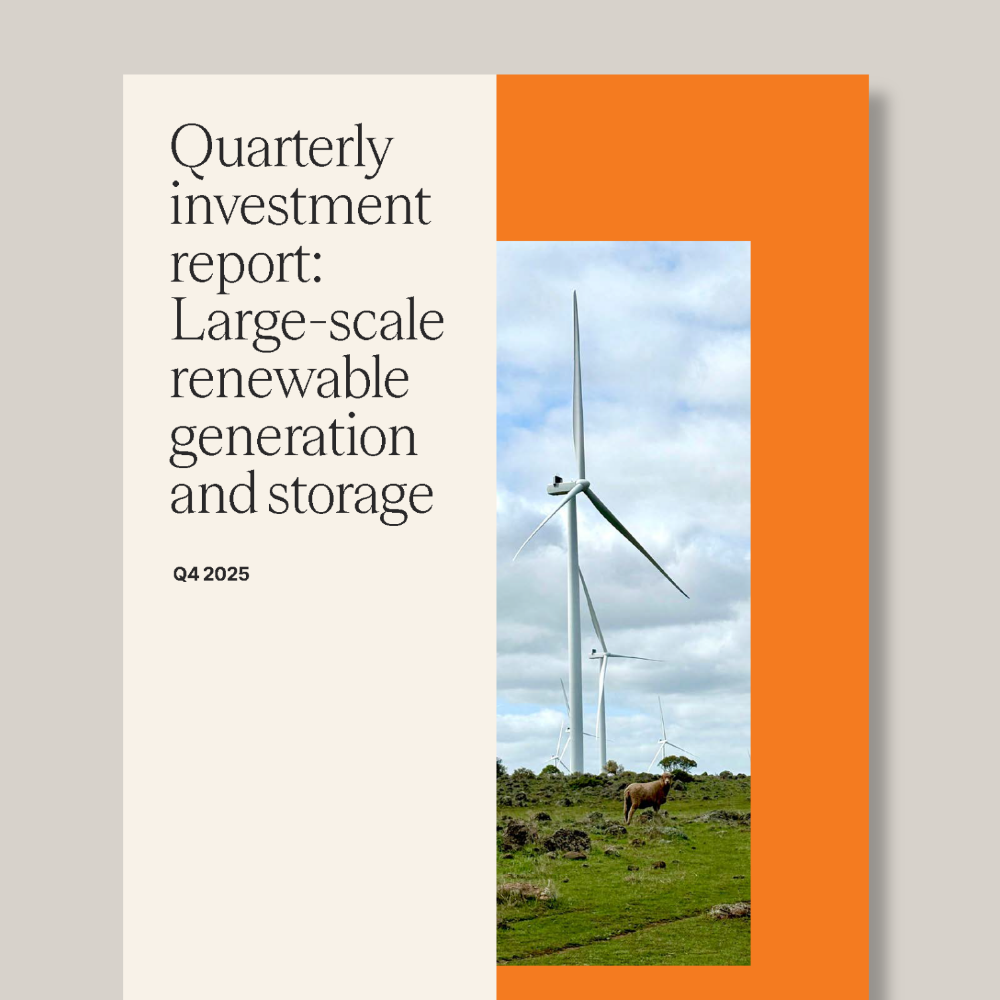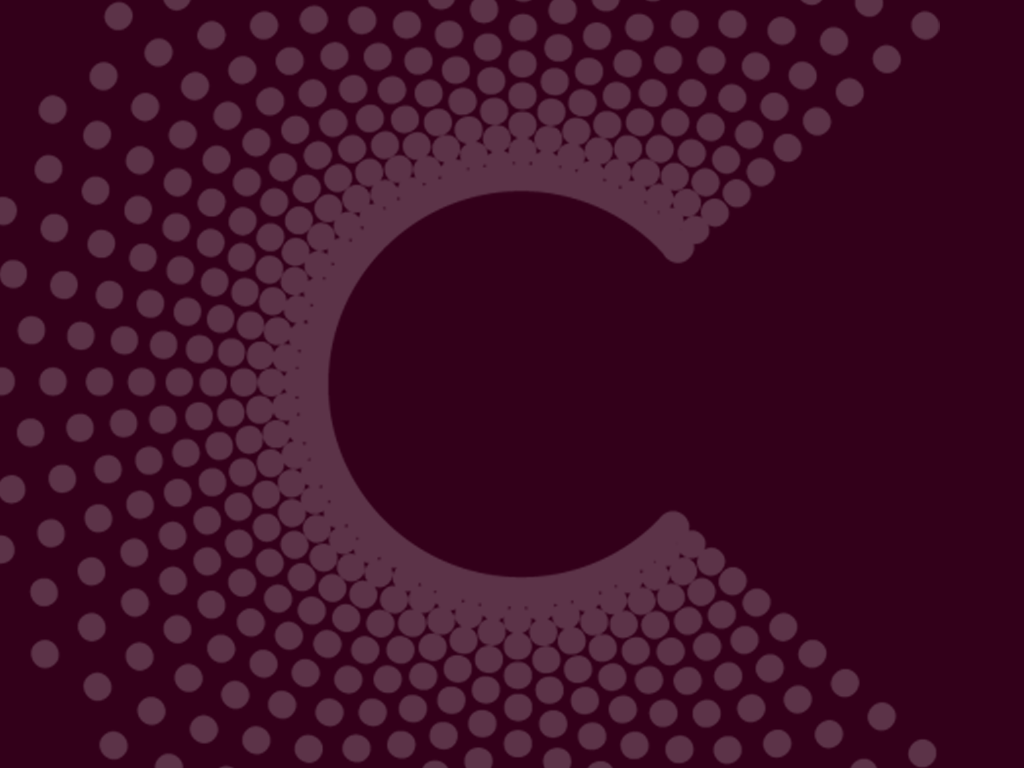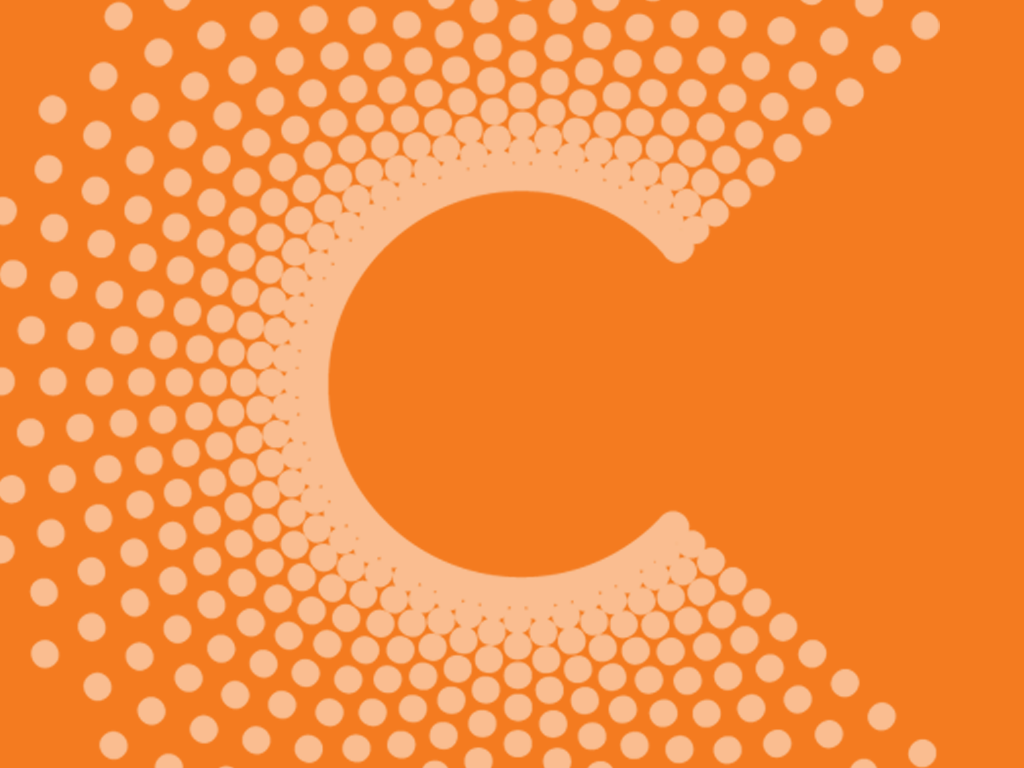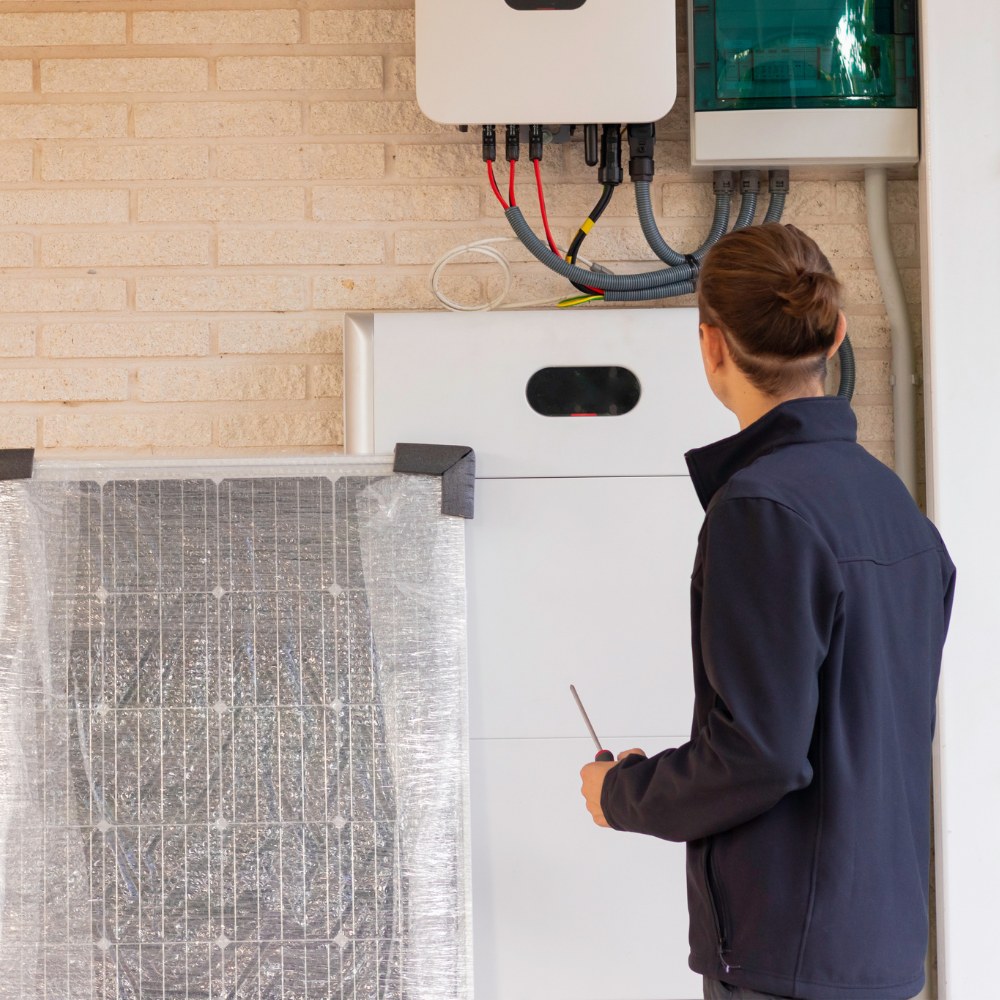Sunday 3 December 2023 marks International Day of People with Disability (IDPwD).
The theme for this year’s IDPwD is ‘United in action to rescue and achieve the Sustainable Development Goals (SDG) for, with and by persons with disabilities.’
The Clean Energy Council's Diversity in the Australian Clean Energy Sector report found that only 3% of the clean energy workforce are people living with disability; with around 4.4 million Australians living with various types of disability, that figure is one we need to work together to increase. We can do this by making our workplaces more accessible to support people with diverse needs to contribute their unique skills to driving Australia's energy transition forward, faster.

Diversity brings balance and a range of viewpoints that, while sometimes challenging, only serves to make up better people and to build a stronger and more relevant business.Survey respondent
Creating inclusive industry workplaces
One of the awards presented at our recent Clean Energy Council Awards night was the Diversity and Inclusion Award, which recognises an individual or organisation that has helped improve diversity and inclusion in their organisation or industry.
In 2023, Hydro Tasmania and RES both demonstrated a real and ongoing commitment to fostering an inclusive culture across their businesses, creating accessible workplaces and supporting diversity, equity and inclusion in all their forms.
Working with disability at the Clean Energy Council
To celebrate IDPwD, we invited staff members at the Clean Energy Council to share their stories.
Rhiannon: "I’ve been recently diagnosed with ADHD (attention-deficit hyperactivity disorder) but like many Australian women, it’s only been later in life that I’ve been able to figure out why I was struggling with certain things (thanks, COVID-19). About 15-20 per cent of Australians are neurodivergent and women are often overlooked due to the misunderstanding about the symptoms that are more prevalent in women.
ADHD has a huge social stigma around it and many people still don't believe that it is a bona fide health condition. Reportedly, only 60% of employees with diagnosed ADHD have informed their workplaces due to a fear of discrimination or rejection from their colleagues.
From a cognitive diversity aspect, while the ‘disorder’ or ‘deficit’ parts of ADHD get a lot of attention in the media, I find that when I can work with my brain and not against it, those traits that are perceived as a deficit, become assets.
I really enjoy complex analytical research tasks which I can focus on for hours, but I can struggle with tasks that my brain doesn’t get a reward from – the typical boring life admin things.
Because our brains are wired different – and we interpret information differently – we often see connections or patterns in data that other people may not see or pick up on as quickly as our counterparts which can be useful in a policy role.
I would like to highlight that not everyone with ADHD will have the same symptoms or challenges. Some people won't need additional support at work, while others may benefit from simple changes in the workplace.
For me specifically, the Clean Energy Council’s hybrid work flexibility is a huge support that assists me to have a balance of collaborative engagement with my team and the ability to work from home (if needed), where I can focus on complex cognitive tasks in a comfortable way that allows me to achieve my best outputs.
Even though I’ve only been with the Clean Energy Council for a couple of months, the inclusive and encouraging environment and workplace culture has made this transition much easier than I originally anticipated. Every interaction I’ve had so far has been nothing short of supportive and I hope our inclusive workplace culture continues to be nurtured.Rhiannon Clean Energy Council staff member
Daniel: "I live with multiple sclerosis, and like many others, I have a selection of ancillary ailments that keep me on my toes, and sometimes on my back for a few days at a time.
I’ve often likened it to the ‘moth on my back’… you know it’s there, you’d prefer it not to be there, but you don’t want to accidentally squash it and aggravate it, so you work with it.
From a long lineage of neuro diverse patrons of the Earth, I could go into detail about my symptoms, however, despite a witty, pithy, charming and tangential dissertation, it may be excruciatingly boring for neuro-normative mortals (sub-note: our mob have been encouraged to regard our existence as more angelic, which I guess helps with the day-to-day challenges).
I’ve been graciously asked to comment on this, it’s a first, and I’m truly grateful for the opportunity, and the faith that has been put into me to work here in this critically important cause that has been with me since I was young.
On my first days of working here, I was asked why I wanted to work for the Clean Energy Council; my response was why wouldn’t I want to work for the Clean Energy Council? I regard what everyone does here, as talismanic. We're a bunch of superheroes, and I'm made aware of that every time I attend an event, chat to colleagues and members behind the camera, have a yarn about some activity that they've felt mundane, but I regard it as the apex of what our purpose should be… to create a better world.
My team was aware of the ‘moth on my back’ before I started working here, but they believed in me, and I can’t thank them enough. They catered to what I required without a hint of tokenism.
If people see me in the halls, I may hobble somewhat, I may bump into something, I’ll drop something expensive, that’s why I stopped buying expensive things. I’ll take a few days off to get infused with the type of immunosuppressant medication called Ocrevus and make a joke about how it’s a far cry from lemon myrtle infused tea, we’ll share an awkward laugh, and go back to doing what we do every day – making the world a better place."
Lisa: "A few years ago, having previously worked in the medical and healthcare sector, I had the great good fortune and honour to work in the disability sector. What I learned during that time was both humbling and eye-opening. I began to learn more about how my scope of work - communications - could be made more accessible by following #A11y principles; I learned about the importance of co-design with people with lived experience of disability; I learned a lot about ableism, the medical model of disability, the social model of disability and how no one approach or model works ever everyone - we're all individuals. Perhaps most surprisingly, I learned that a condition I've had since I was involved in a road traffic accident as a child qualifies as a disability.
I live with a balance disorder, which while mild is unpredictable and can be destabilising at inopportune moments. I don't drive a car or operate heavy machinery. I'm not comfortable on ladders unless I have people nearby who can help me get down if I lose my sense of which way is up. I don't go on fairground rides either! It's surprising how many jobs - even in marketing and communications - call for a driving license (which I have, but only use as ID at the post office). It's a small insight into the ways employers can inadvertently exclude candidates who have access or accommodation requirements. I like to think that my own lived experience, as someone who lives with a disability, has worked in the disability space, and as someone who manages others who may or may not have a disability, has increased my empathy and awareness. Certainly, as team lead, I try to ensure that when position descriptions are created superfluous requirements are not added just because.
As a person who is values-driven, I have chosen to work at the Clean Energy Council because the transformation of our way of life, from fossil-fuel powered to clean energy, is the pressing issue of our time and the only way to ensure the planet remains livable for ourselves and our children. My own commitment, and one I am grateful the Clean Energy Council supports, is to ensure that this transformation is accessible to everyone."
Maddie: "When you think of ADHD traditionally you think about the kid bouncing off the walls and not being able to sit still. I always knew I was on a different wavelength to a lot of my peers and was known as a bit of a ditz because I had trouble processing and retaining information, which was one of my biggest insecurities. After being diagnosed with ADHD, I realised my hyperactivity was mostly internal (although there is one distinct memory of commando crawling into my year 6 classroom).
I was lucky to get a diagnosis late last year, and now armed with knowledge and a prescription, I feel like the world has opened and I am excited to see where it takes me.
Being a Membership Coordinator, I get to see firsthand how passionate and committed our members are to fight for a cleaner future. It is important and necessary work, and I am proud to be a small part in that.
People with disabilities bring a diverse range of strengths and perspectives to the workplace that complement our abled colleagues.Maddie Clean Energy Council staff member
For example, navigating life with a disability often involves collaboration with others, and in turn fosters strong teamwork and communication skills that can benefit the entire workplace.
From the get-go I could see that the Clean Energy Council celebrates individuality and that is clear when you come over to the Membership and Events space. With simple things such as having a name card and letting me decorate my desk, I feel truly welcomed and encouraged to be myself.
My fiancé has a neurodiversity/disabilities group at his work that also encourages allies to attend as well. He attends this group to better understand my ADHD (and to play with the fidget toys box). They have also implemented a sensory safe space for everyone to use, which I think is wonderful."





